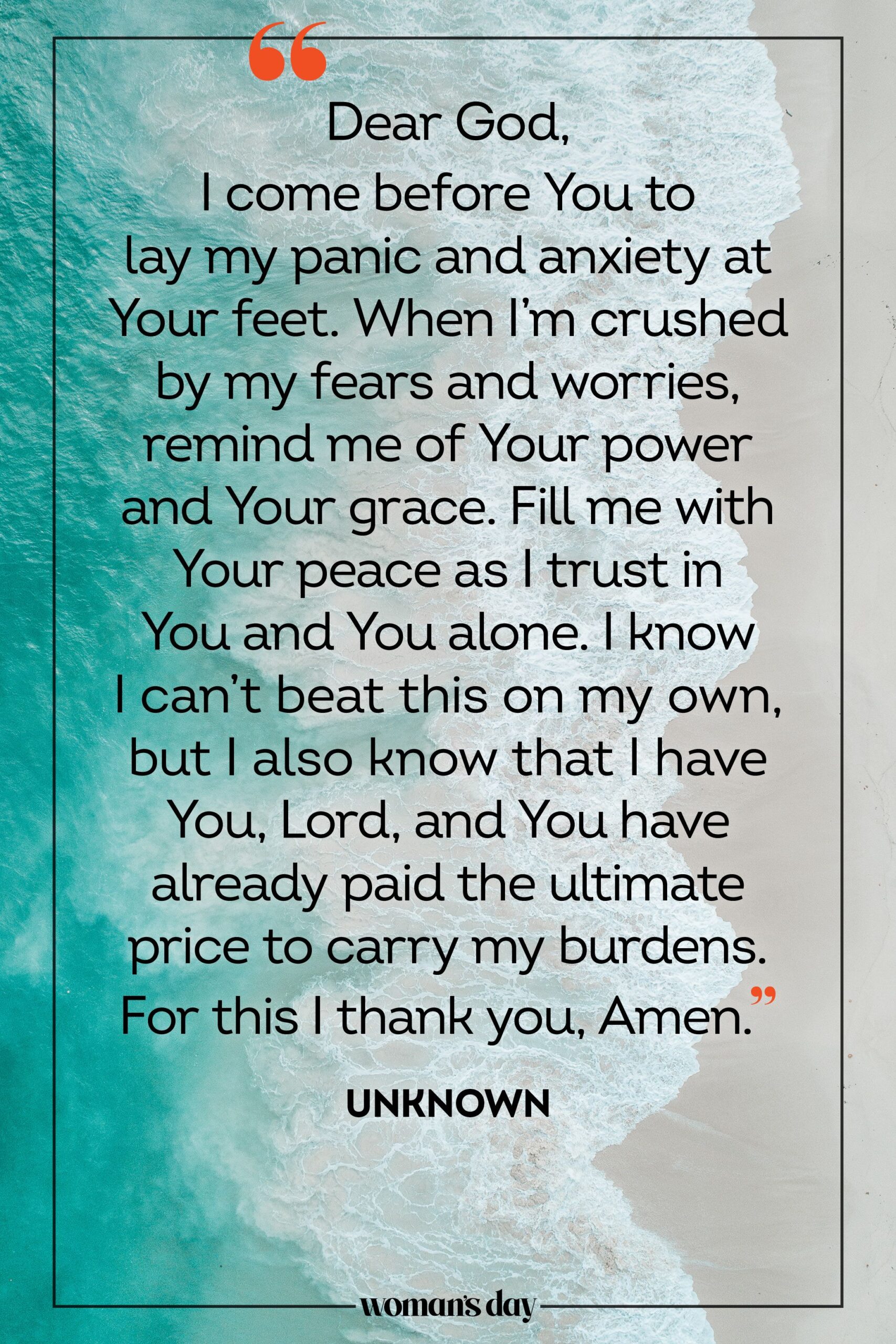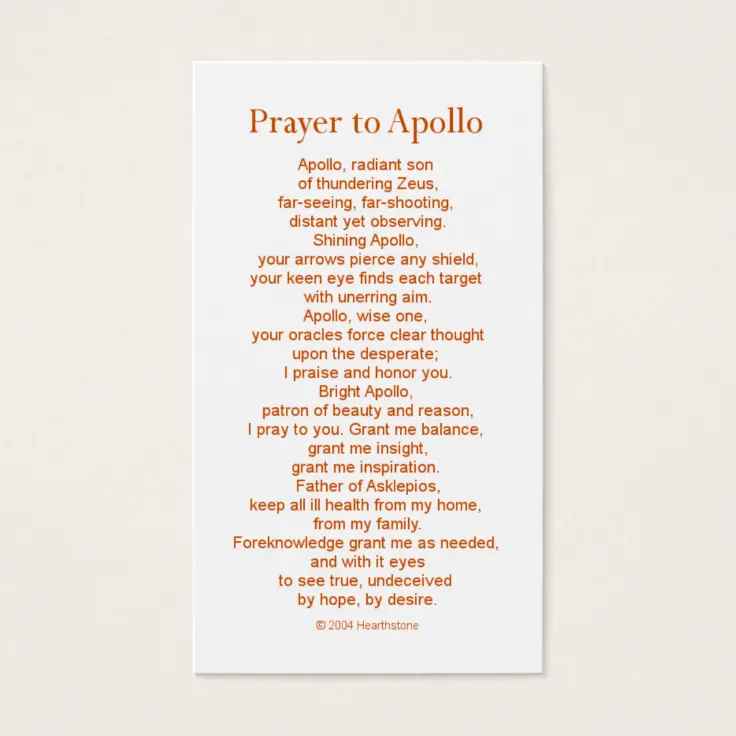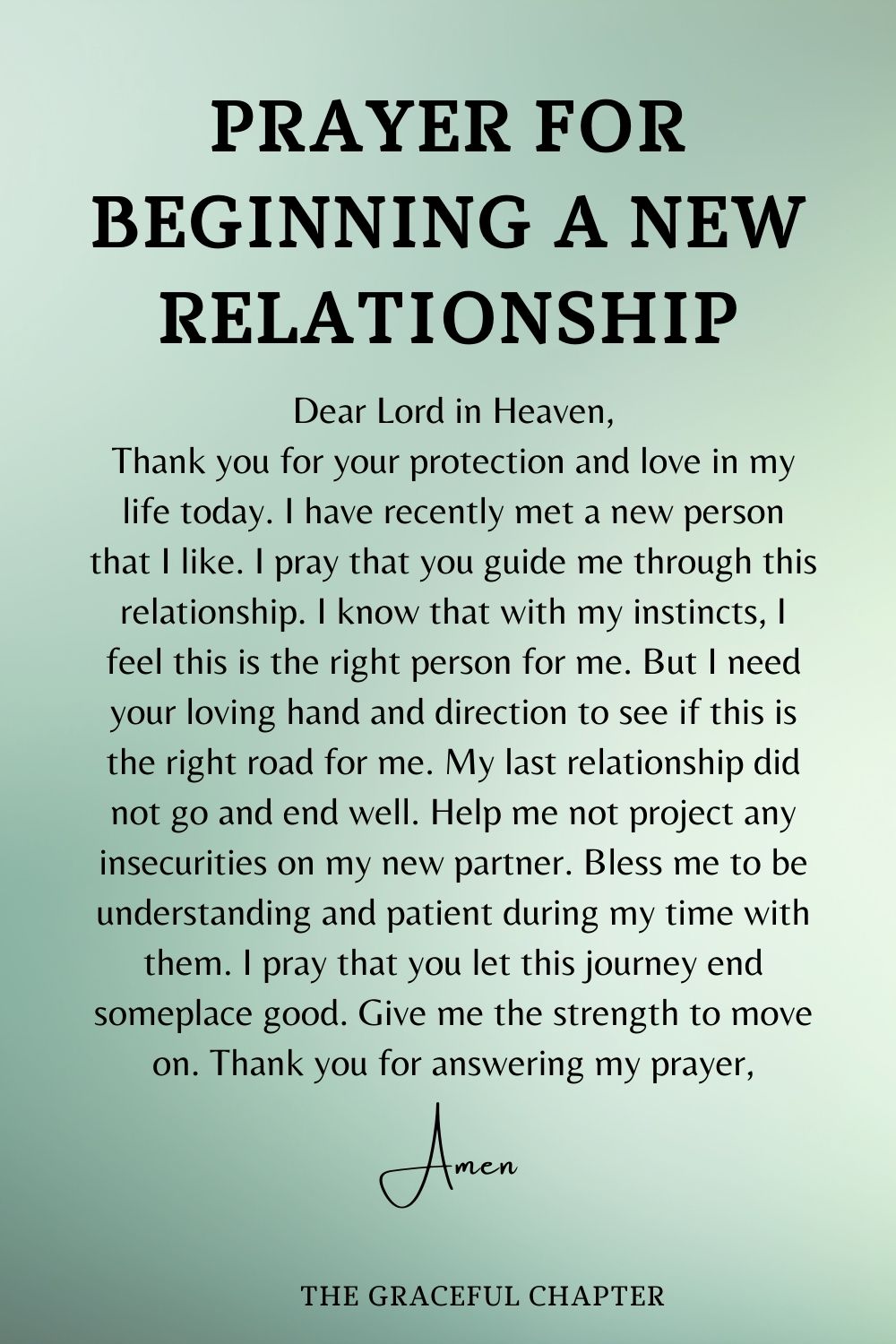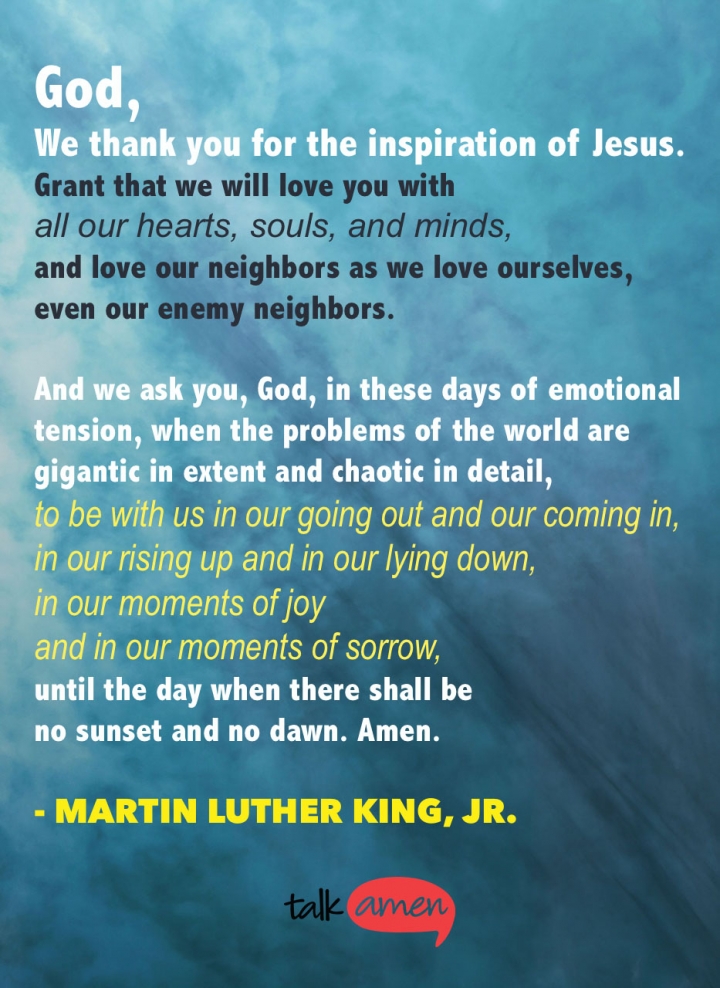Anxiety is a condition that affects millions of people around the world. It can be devastating, causing people to feel overwhelmed and panicked in situations where they would usually feel calm. There are many treatments available for anxiety, but sometimes the best thing to do is to pray for help.
What is anxiety?
Anxiety is a feeling of worry, tension, and unease that can overwhelm someone. It is often accompanied by physical symptoms like sweating, heart racing, and nausea. In some cases, anxiety can be debilitating and prevent people from doing their normal activities.
There is no one answer to what causes anxiety, but it is believed to be caused by a combination of environmental and genetic factors. Some people may be more susceptible to anxiety because of their temperament or personality traits.
There is no cure for anxiety, but there are treatments available that can help reduce the symptoms. The most important thing for people who are struggling with anxiety is to get treatment as soon as possible. This will allow them to manage their symptoms and live a fuller life.
Types of anxiety
There are three types of anxiety: Generalized anxiety disorder (GAD), panic disorder, and social phobia. Each type of anxiety has different symptoms, and relief from each type of anxiety is different.
Generalized anxiety disorder (GAD) is the most common type of anxiety, and it’s characterized by persistent worry and tension. People with GAD often have difficulty concentrating, feel on edge all the time, and have trouble sleeping. Relief from GAD can include reduction in anxiety symptoms and improved quality of life.
Panic disorder is a condition that leads to sudden intense fear or panic attacks. Symptoms of panic disorder can include shortness of breath, heart racing, trembling, feeling like you’re going to faint, and sensations like being jolted or suffocated. Relief from panic attacks can include reduced fear and improved quality of life.
Social phobia is a condition that causes intense fear or discomfort in social situations. People with social phobia may avoid certain types of situations or groups because they fear being judged or embarrassed. Relief from social phobia can include reduced fear and improved quality of life.
How prayer can help reduce anxiety
Prayer has long been known to have a calming effect on the mind and body. According to a study published in the journal “Current Behavioral Neuroscience Reports,” prayer can help reduce anxiety by activating the parasympathetic nervous system. The study found that participants who prayed experienced lower levels of anxiety than those who did not pray.
Prayer has also been shown to improve physical health in numerous ways. A study published in “The Journal of Alternative and Complementary Medicine” found that people who pray regularly have lower rates of heart disease, stroke, and cancer. In addition, a study published in “Psychology & Health” found that people who pray regularly have faster recoveries from surgery and chemotherapy.
So why is prayer so beneficial? Prayer can activate the vagus nerve, which controls heart rate, blood pressure, and digestion. It can also help people connect with their spiritual side and connect with others. Prayer has been shown to promote feelings of well-being, hope, and calmness.
Benefits of prayer for people with anxiety
Prayer has been shown to be a beneficial way to manage anxiety. Here are some of the benefits:
1. Prayer can help deal with negative thoughts and emotions.
2. Prayer can help you learn how to better control your anxiety by building self-discipline and patience.
3. Prayer can bring relief from physical and emotional symptoms of anxiety.
4. Prayer can lead to a greater sense of peace and calmness.
Background on Anxiety
There is no one definitive answer to why anxiety occurs, but there are some key factors. One major contributor is genetics. In fact, up to 80% of someone’s risk for developing anxiety can be attributed to their genes. However, even if you have a genetically predisposed disposition to anxiety, it doesn’t mean that you’ll automatically develop it.
Another significant factor is your environment. If you’re constantly worried or stressed out, your body will start to react by producing more adrenaline and cortisol. And guess what? These hormones can actually increase your levels of anxiety!
Fortunately, there are ways to prevent or reduce anxiety. The best way to do this is by learning about your triggers and how to combat them. Additionally, it’s important to find support from friends, family and professionals. Prayer can also be very helpful in reducing anxiety symptoms.
If you’re struggling with anxiety and want to know more about the best ways to address the issue head over to our blog section for more information!
Types of Prayer
There are many types of prayer, depending on what you are hoping to achieve.
There is petitionary prayer, which is when you plead for something with God.
Then there is intercessory prayer, where you pray for others.
Finally, there is contemplative prayer, which can be done in any place or situation.
Whatever type of prayer works best for you is the most effective.
The Purpose of Prayer
There is a growing body of research suggesting that prayer can be an effective treatment for anxiety. A review of the literature published in “The Journal of Clinical Psychiatry” found that different types of prayer (e.g., religious, motivational, self-affirming) were all associated with reductions in symptoms of anxiety. The study’s authors note that the mechanisms by which prayer may work are not clear, but may involve cognitive restructuring and mood regulation.
So if you’re struggling with anxiety, why not give prayer a try? There are many different types to choose from, and chances are you’ve got something your personal god or goddess considers sacred that could offer you some relief.
How to Pray
Relaxation techniques can be used to ease anxiety. One suggested prayer is this:
God, help me find peace and relaxation in everything I do. Help me feel confident and happy in the present moment. Shield me from worry and fear, and give me the courage to face any challenges that come my way. In your name, Amen.
A Sample Prayer for Anxiety Relief
Dear God,
Thank you for granting me anxiety relief. I know that You are working in my life and that You are always with me. Please help me to continue to rely on You and to trust that You will keep me safe. Help me to remember that I am not alone and that others have experienced anxiety too. Thank you for your mercy and grace, and please continue to help me through this difficult time. AmenConclusion
When it comes to anxiety, there is no one-size-fits-all answer. However, by using prayer and meditation as tools, you can find what works best for you and start to develop a routine that helps ease your anxiety. By beginning with a simple request like “God, please help me feel calm,” or “Please help me relax,” you will be on the right track in making progress. Give it time – even if starting out slowly – prayer and meditation can really change the way you feel about anxiety in the long run.






